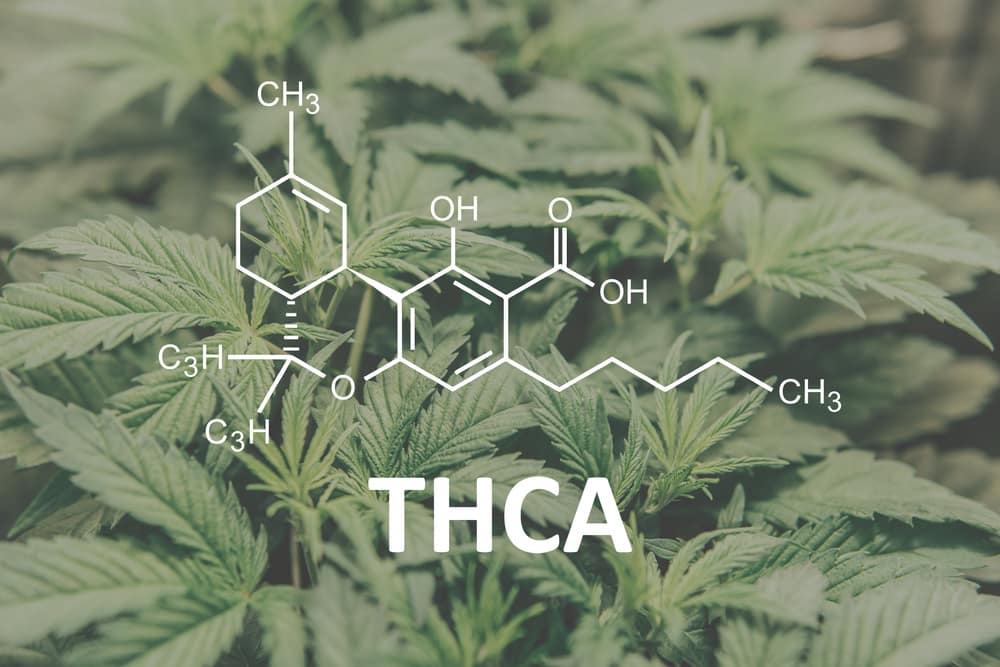
It is no stretch to say that Utah residents with Medical Cannabis Cards are familiar with THC. They at least know about it, even if they don't possess advanced scientific knowledge. But what about THCA? The two substances are similar in the sense that they are both related to the cannabis plant. But they are technically not the same thing.
Most of the time, it is no big deal when people speak of THC and THCA interchangeably. Yet it's probably a good idea to understand what makes them different. The best way to introduce their differences is to explain that THCA is the precursor to THC.
Here at Utah Marijuana, we like to describe cannabis as offering a cornucopia of compounds. Cannabis naturally produces cannabinoids, terpenes, flavonoids, and other compounds we can harvest for a variety of benefits. Two of those compounds are THC and THCA.
THC and THCA are considered primary metabolites. Compounds like terpenes and flavonoids are known as secondary metabolites. If you'd like to know more, The Cannigma has an excellent explanation of all of this on their website. For our purposes, let us stick with THC and THCA.
In order to transform raw plant material into the products you buy at your local Medical Cannabis pharmacy, processors need to extract the desired compounds. But guess what? They don't actually extract THC from plant material. They extract THCA.
'THCA' is an acronym that stands for 'tetrahydrocannabinolic acid'. It is more or less THC in an acid state. But in this state, it doesn't help us. There are no known medical benefits to ingesting or otherwise using THCA. What we want in the Medical Cannabis community is THC. So how do we get it?
Transforming THCA into THC requires separating out the carbolic acid group. We want that group to be taken away. The easiest way to do it is to apply heat. If you use Medical Cannabis with a dry heat vaporizer, that's exactly what you're doing. You are applying just enough heat to release the THC – separate from its carbolic acid group – without actually burning the material.
Processors do not rely on huge dry heat vaporizers to produce THC. Instead, they apply one of several different processing methods to extract crude oil from plant material. Crude oil contains all those primary and secondary metabolites. Things get interesting after extraction.
The crude oil is subjected to high heat and pressure in a process similar to distillation. The different compounds in the crude oil evaporate at different temperatures. So through evaporation and condensation, the various compounds can be separated. But that's not all.
The heat and pressure applied during processing also releases the carbolic acid group. In scientific terms, this is known as decarboxylation. THCA becomes THC, CBDA becomes CBD, and so on.
Our team here at Utah Marijuana gets the fact that these sorts of things do not interest everybody. But to us, it is fascinating stuff. We thoroughly enjoy learning everything we can about Medical Cannabis, including how it's processed and how it can help patients feel better. And speaking of feeling better, that is our main goal. We want you to feel as good as possible.
Just remember that THC and THCA are distinctly different despite sharing some similarities. They both come from cannabis plants. It is just that one is a direct metabolite while the other is derived from it. If you can remember that THCA is the precursor to THC, you are all set. That's the most important thing.